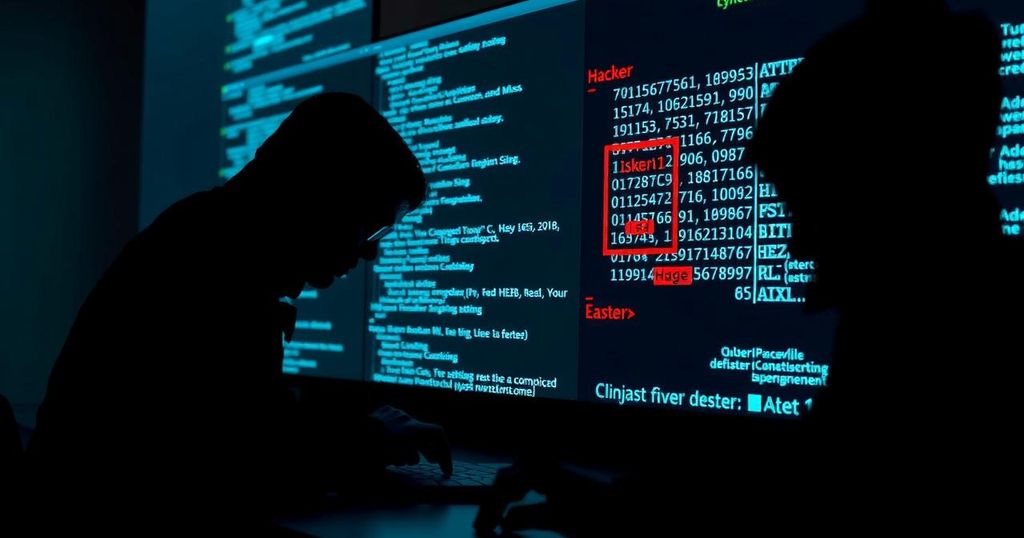Recent investigations have unveiled a collaboration between Iranian hackers and various ransomware gangs targeting organizations through vulnerable Virtual Private Network (VPN) and firewall implementations. The group of hackers, identified as Pioneer Kitten, has been actively working to infiltrate a range of sensitive entities, including educational institutions, financial services, healthcare facilities, defense contractors, and governmental agencies across the United States.
According to a joint declaration from the Federal Bureau of Investigation (FBI), the Department of Defense Cyber Crime Center (DC3), and the Cybersecurity and Infrastructure Security Agency (CISA), these state-sponsored hackers have been exploiting weaknesses in devices from well-known network security vendors such as Check Point, Citrix, and Palo Alto Networks. The group’s objectives appear to align with the Iranian government’s broader strategic goals, which include intelligence gathering relating to U.S. defense operations and potentially facilitating fundraising efforts for ransomware activities.
The advisory underlines that a significant portion of the operations executed by these threat actors is aimed at securing network access, which they subsequently leverage to partner with ransomware affiliates to execute malicious ransomware deployments. Pioneer Kitten, which is also known by aliases including Fox Kitten, UNC757, Parisite, RUBIDIUM, and Lemon Sandstorm, has been identified as working in conjunction with ransomware groups such as ALPHV/BlackCat, NoEscape, and Ransomhouse. These affiliations allow them to provide crucial access to specific targets, utilizing a variety of known vulnerabilities, such as CVE-2024-24919 in Check Point Security Gateways and CVE-2024-3400 in unpatched versions of Palo Alto Networks’ PAN-OS and GlobalProtect VPNs. The attackers have been reported to disable antivirus protections and move laterally within networks to extend their reach.
In addition to their ransomware-related operations, another Iranian group allegedly acting on behalf of the Iranian Islamic Revolutionary Guards Corps has been utilizing custom-developed malware, named Tickler, to gather intelligence on U.S. satellite communications.
The FBI’s advisory cautions that the tactics employed by these advanced persistent threat actors pose risks not only to the academic and defense sectors but extend to any organization that may be compromised. Should these adversaries gain entry into organizations, there exists a substantial risk that they might exploit their cloud service accounts for further malicious cyber activities, potentially affecting other victims as well.
In conclusion, the convergence of state-sponsored hacking activities and ransomware exploitation underscores an alarming trend in cybersecurity, urging organizations to bolster their defenses against such complex threats. As outlined by the investigative agencies, vigilance and proactive security measures are paramount in safeguarding sensitive information from these evolving cyber threats.

Leave a Reply